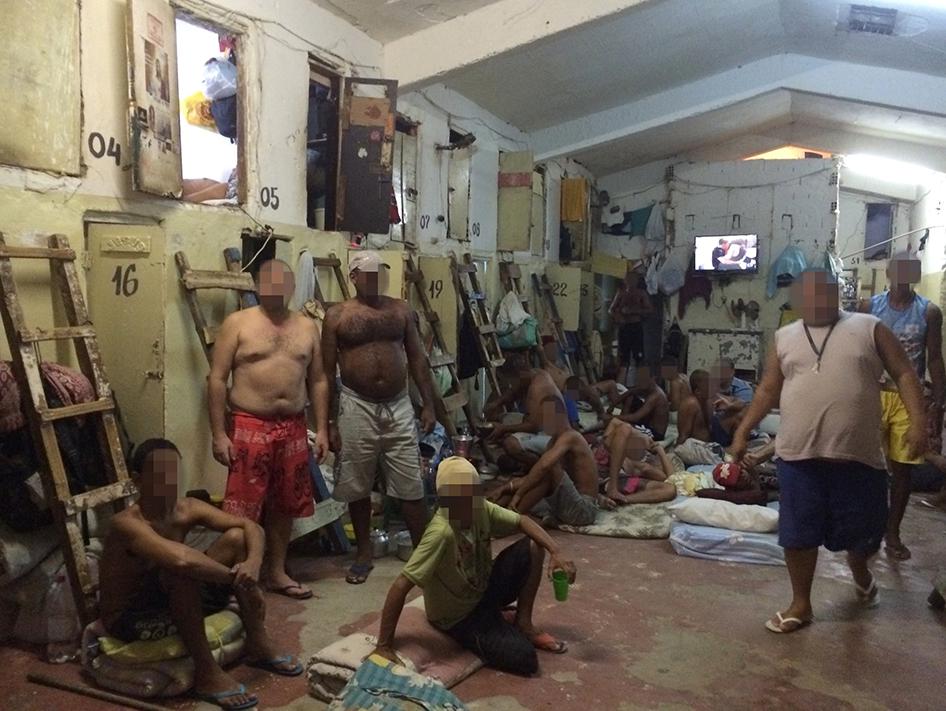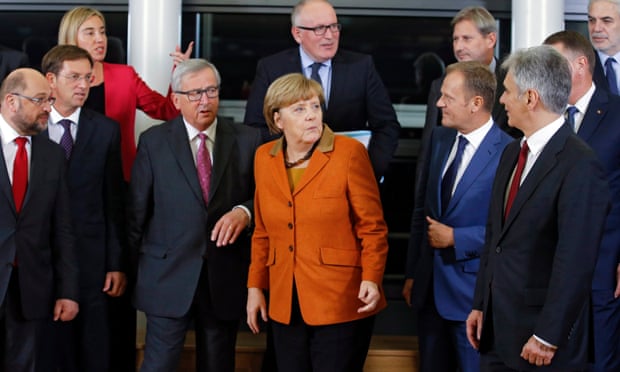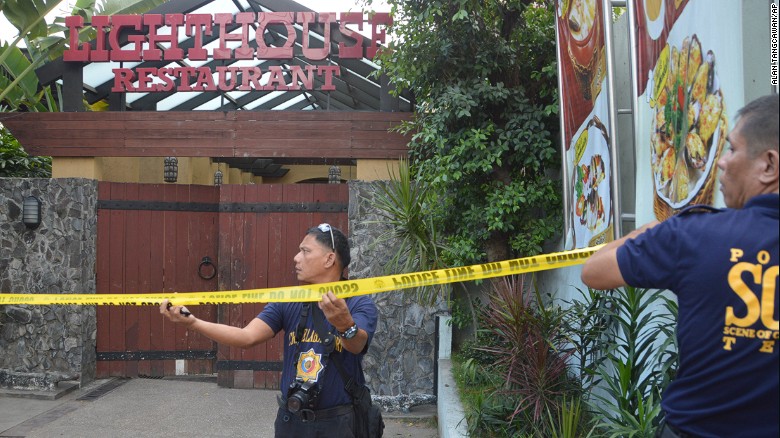By Kaitlyn Degnan
Impunity Watch Reporter, South America
BUENOS AIRES, Argentina — Despite polls and the media reporting to the contrary, the Presidential elections in Argentina have resulted in a tie. The top two candidates, current ruling party candidate Daniel Scioli and opposition candidate Mauricio Macri were neck in neck when votes were counted late Sunday evening.

Both candidates started fresh campaigns on Monday. They will face off against each other in a runoff election on November 22.
Results from 97 % of polling places reported that Scioli received 36.9 percent of the vote, and Macri received 34.3 percent. In Argentina, a candidate needs either 45 percent or 40 percent and a 10-point advantage in order to win. Anything less than that forces a second round, as in this case.
The tie came as a surprise – in the week leading up to the election, polls and the media were reporting that Scioli had at least a 10 percent lead over Macri. Scioli’s headquarters even declared victory late Sunday night, after the polls closed but before the final count came in.
Scioli is the handpicked Kirchnerismo successor to outgoing president Cristina Kirchner and currently the governor of the Buenos Aires province. A former vice president, he was originally seen as an easy win. Kirchnerismo is a leftist faction of Peronism (the political ideology started during the rule of Juan Domingo Peron) dominated by President Kirchner and her late husband Nestor Kirchner, who was elected as president for one term in 2003. The Kirchners, popular among the poor and working class but frequently at odds with the business community, have been in power ever since.
Macri, although a member of the opposition, has appealed during his run to Peronist ideals, a popular political movement in Argentina that crosses multiple parties. An engineer by trade, he is considered much more business friendly than the Kirchners. He is also the former president of one of Argentina’s most popular football clubs.
The third runner up in the race was Sergio Massa, a former Kirchnerismo who broke with the faction and ran as an independent candidate. Massa has the opportunity to step into a “kingmaker” role – his endorsement (and his 21 percent of the vote) could make or break either candidate. Although he was in negotiations with Macri prior to the election, as a former Kirchnerismo, he may decide to return and back Scioli.
Despite the lack of decision in the Presidential race, Sunday’s elections did prove historical for Argentina. Maria Eugenia Vidal was elected governor of the Buenos Aires province. Her election ended 30 years of control by Peronists, as she defeated Kirchnerismo former chief of staff Anibal Fernandez. Vidal is also the first ever female governor of the province. Macri appeared beside Vidal on stage following the vote count.
Macri and Scioli are set to participate in a debate on November 15.
New York Times – In Argentina Elections, Tight Vote Yields Presidential Runoff – 25 October 2015
BBC – Argentina election: ‘Two country’ poll highlights divisions – 26 October 2015
Buenos Aires Herald – ‘Argentina needs a change and we are ready to carry it out’ – 26 October 2015
Washington Post – After surprising election, top 2 Argentine candidates reset – 26 October 2015



